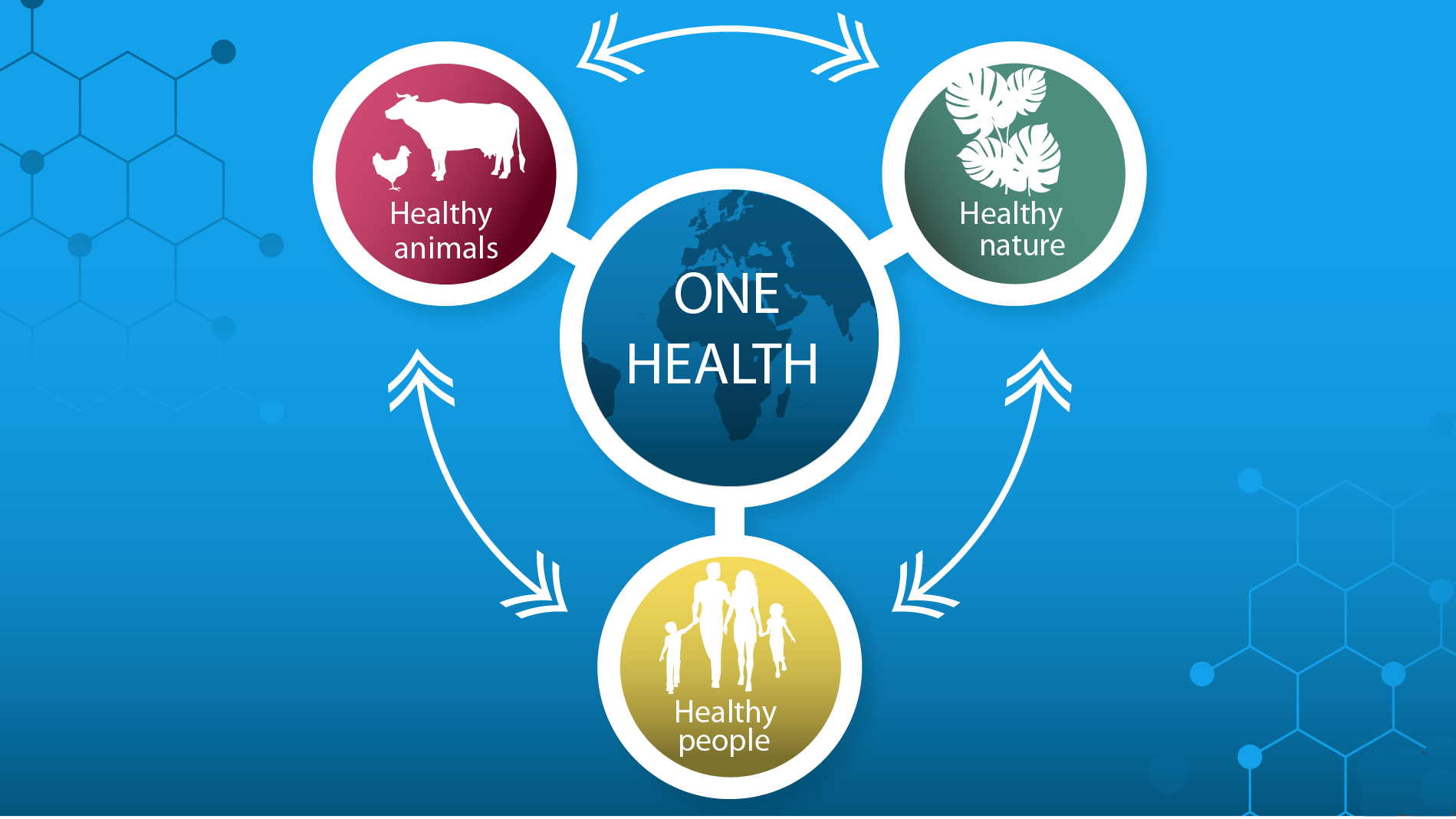Core area “Health, social protection and population dynamics” Access to healthcare and social protection for all
Sign of the department of health in Battampang province, Cambodia
Almost 90 per cent of the workforce in Cambodia is employed in the informal sector and has little or no access to social protection – for example in the case of illness, workplace accidents or extreme weather events. Social protection programmes for employees in the formal sector are also limited in their scope. For this reason, and due to the fact that public institutions are often thought to provide poor-quality services and people therefore opt to use private clinics, private healthcare costs are very high. This contributes to poverty and debt, particularly in rural areas.
On behalf of the BMZ, GIZ is advising the National Social Protection Council (NSPC), strengthening cooperation between different line ministries and supporting digital transformation in this area, with the aim of expanding the country's social protection system and equipping it to respond to future crises.
The cooperation is focused on universal protection in the case of illness, a pension programme and government support for those in need, including poor households, pregnant women, mothers of young children, elderly people and people with disabilities. In order to better meet the needs of these vulnerable groups, the existing database of poor households is being developed into a comprehensive social register with German support.
Healthcare
In the area of One Health, Germany is promoting the prevention and control of rabies – a disease that, despite being avoidable, continues to kill at least 600 people a year – and helping to strengthen veterinary diagnostics.
Under Financial Cooperation, Germany is assisting Cambodia in its efforts on pandemic preparedness and on the development of its laboratory infrastructure.
German support is also being provided for Cambodia's efforts to improve the healthcare infrastructure, for example by providing equipment for healthcare facilities and training programmes for staff. Reforms to the remuneration system for healthcare services are intended to provide incentives to raise the quality of management and medical care in public sector hospitals and health clinics. The aim is to encourage people to use public healthcare services as opposed to costly private clinics.
As at: 18/01/2024

